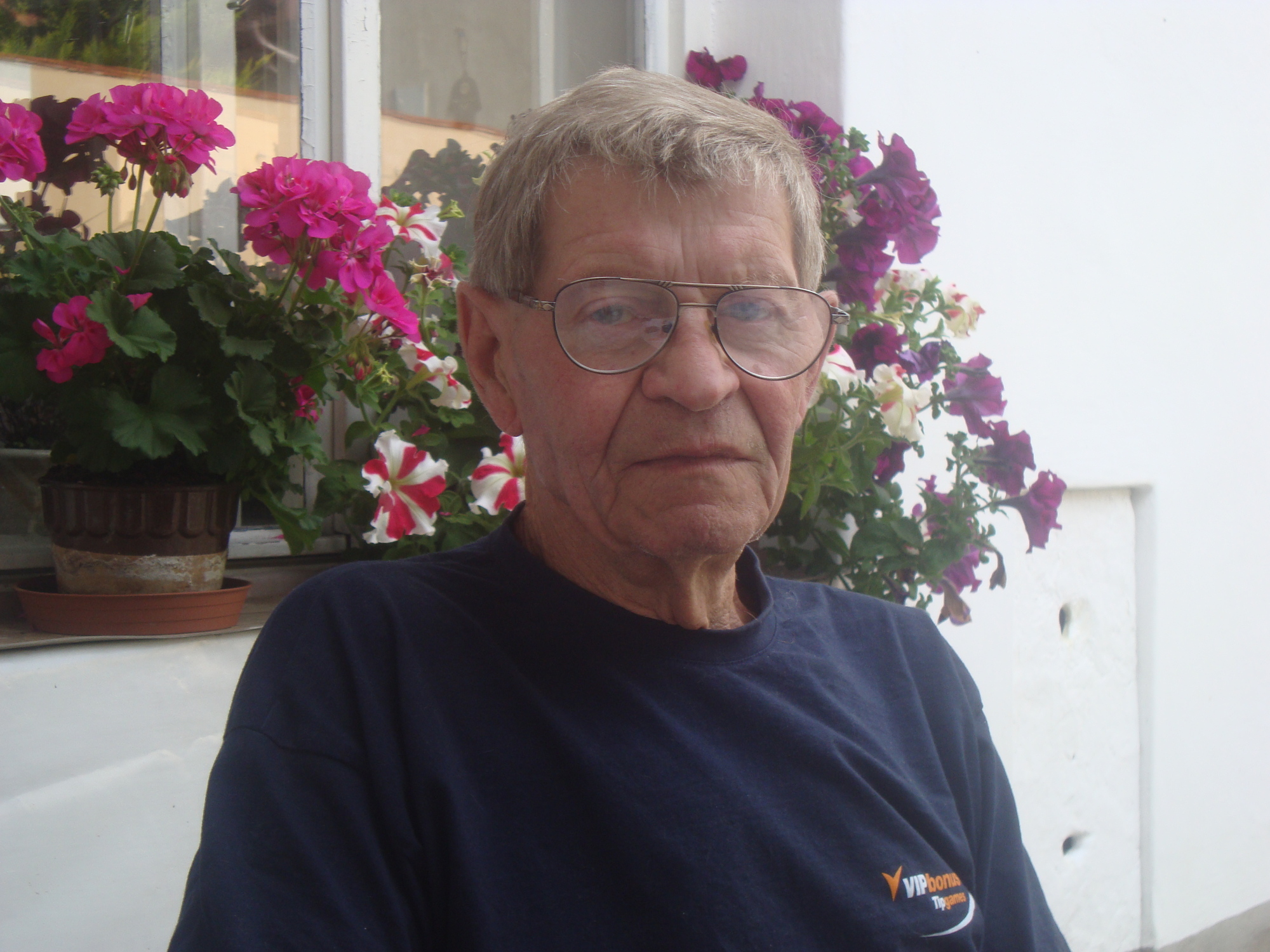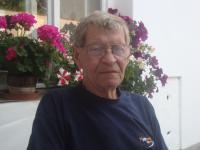I got a month of corrective punishment. It involved half portions and sleeping on a wooden plank bed under a thin blanket
Miloslav Vlk was born on the 14th of December, 1925 in Štěkeň in the Strakonice district. In 1945, after finishing studies as a construction worker, he started working for the National Police (SNB). He was trained and briefly served in Zbytiny near Prachatice. Later he was transferred to Javorná near Železná Ruda. After the communist coup of 1948, he distributed pamphlets trying to inform the public about the undemocratic conduct of the new government. He was arrested and sentenced in 1950 to the Pankrác penitentiary for 16 years. His colleagues, Valecha and Kroužílek, got 16 and 30 years for allegedly helping citizens escape abroad. Miloslav Vlk spent two years in the Písek prison, a few months in Bory in Pilsen and four years in the Jáchymov labor camp where he worked in construction. He was released on parole in 1956 and got a job as a construction foreman at a collective farm. In 1968, he engaged in the K 231 club of political prisoners and during the revolution of 1989, distributed leaflets again. He lives in Štěkeň.

